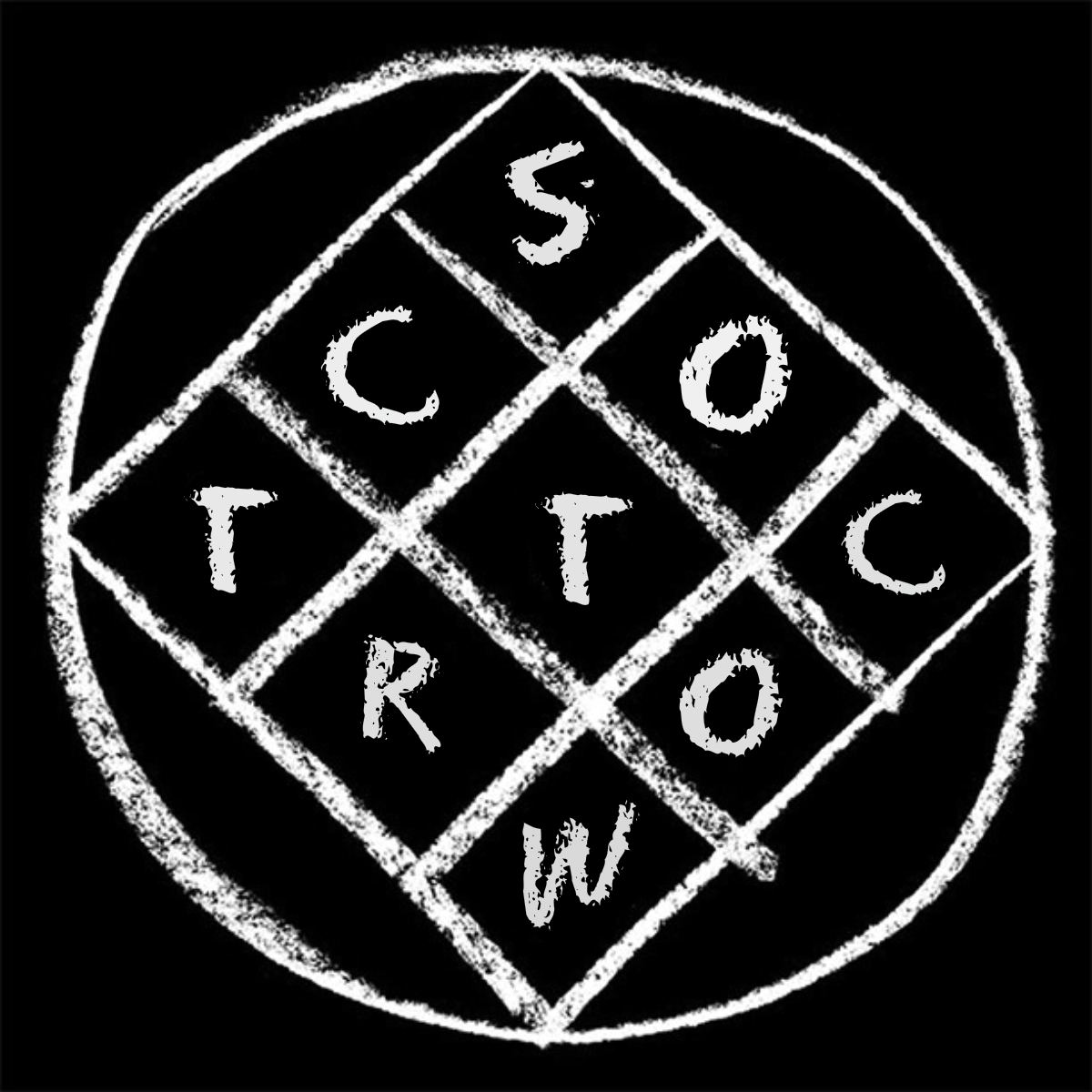CNN: What is Antifa?
by Jessica Suerth
August 17, 2017
CNN interviews scott crow about antifa history and organizing. They get some of it correct.
(CNN) After protests in Charlottesville, Virginia, turned violent on Saturday, leaving one person dead and dozens injured, the world is still grappling with what happened, who was involved and why.
Hundreds of white nationalists took to the streets over the weekend to protest the removal of a Gen. Robert E. Lee statue. But members of a controversial opposing group, known as Antifa, also showed up to condemn hate and racism.
Here's a closer look at Antifa protesters, who have become more visible in the past year.
What is Antifa?
Antifa is short for anti-fascists. The term is used to define a broad group of people whose political beliefs lean toward the left -- often the far left -- but do not conform with the Democratic Party platform. The group doesn't have an official leader or headquarters, although groups in certain states hold regular meetings.
Antifa positions can be hard to define, but many members support oppressed populations and protest the amassing of wealth by corporations and elites. Some employ radical or militant tactics to get their message across.
scott crow, a former Antifa organizer, says the "radical ideals" promoted by Antifas are starting to be adopted by liberals. "They would never have looked at (those ideals) before, because they saw us as the enemy as much as the right-wingers."
The majority of Antifa members don't fall into a stereotype. Since the election of President Donald Trump, however, most new Antifa members are young voters.
How did the group start?
The exact origins of the group are unknown, but Antifa can be traced to Nazi Germany and Anti-Fascist Action, a militant group founded in the 1980s in the United Kingdom.
Modern-day members of Antifa have become more active in making themselves known at public rallies and within the progressive movement, said Brian Levin, director of the Center for the Study of Hate and Extremism at California State University, San Bernardino.
"What they're trying to do now is not only become prominent through violence at these high-profile rallies, but also to reach out through small meetings and through social networking to cultivate disenfranchised progressives who heretofore were peaceful," Levin said.
Where do they protest?
Members have been spotted at high-profile, right-wing events across the country, including Milo Yiannopoulos' appearance at the University of California, Berkeley in February. They also protested President Donald Trump's inauguration in January.
While it can be difficult to distinguish Antifa activists from other protesters, some dress head to toe in black. Members call this the "Black Bloc."
They also wear masks to hide their identities from the police and whomever they are protesting.
Why are they controversial?
The group is known for causing damage to property during protests. In Berkeley, black-clad protesters wearing masks threw Molotov cocktails and smashed windows at the student union center where the Yiannopoulos event was to be held.
crow, who was involved with Antifa for almost 30 years, said members use violence as a means of self-defense and they believe property destruction does not equate to violence.
"There is a place for violence. Is that the world that we want to live in? No. Is it the world we want to inhabit? No. Is it the world we want to create? No. But will we push back? Yes," crow said
Levin said Antifa activists feel the need to partake in violence because "they believe that elites are controlling the government and the media. So they need to make a statement head-on against the people who they regard as racist."
"There's this 'It's going down' mentality and this 'Hit them with your boots' mentality that goes back many decades to confrontations that took place, not only here in the American South, but also in places like Europe," he added.
White nationalists and other members of the so-called alt-right have denounced members of Antifa, sometimes calling them the "alt-left." Many white nationalists from the Charlottesville rallies claimed it was the Antifa groups that led the protests to turn violent.
Peter Cvjetanovic, a white nationalist who attended the Virginia protests over the weekend, said he believes the far left, including Antifa, are "just as dangerous, if not more dangerous than the right wing could ever be."These are people who preach tolerance and love while at the same time threatening people with a different political ideology. We go to our rallies and they harass us and attack us but they held theirs and we ignore them. You don't see right-wing protests get like this," Cvjetanovic told CNN affiliate KRNV.
But crow said the philosophy of Antifa is based on the idea of direct action. "The idea in Antifa is that we go where they (right-wingers) go. That hate speech is not free speech. That if you are endangering people with what you say and the actions that are behind them, then you do not have the right to do that.
"And so we go to cause conflict, to shut them down where they are, because we don't believe that Nazis or fascists of any stripe should have a mouthpiece."



